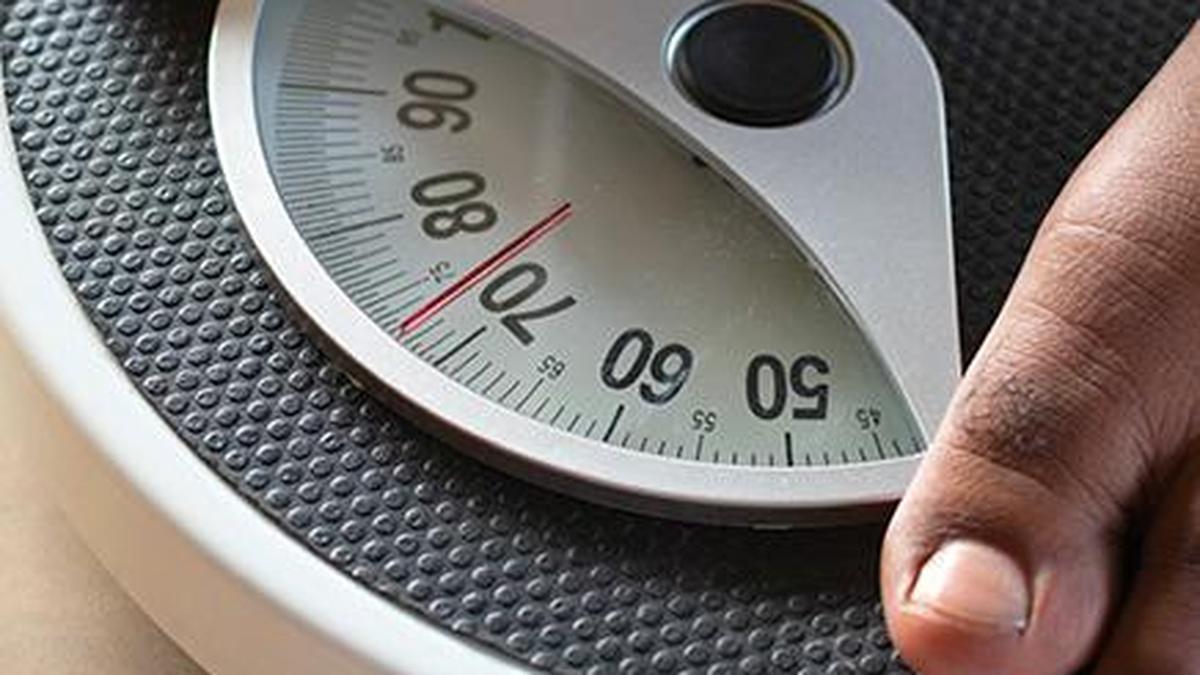It’s been varyingly called the “fat shot”, “skinny jab” or “magic pill” by politicians and celebrities who’ve put the spotlight on GLP-1 weight-loss and diabetes drugs — Wegovy/ Ozempic (semaglutide) from Novo Nordisk, or Mounjaro/ Zepbound (tirzepatide) from Eli Lilly — making them part of popular conversations around the world.
And while people dealing with obesity and diabetes-linked weight are relieved that, for once, obesity is getting the attention it deserves, they also caution against viewing the issue through a cosmetic lens, as there are multiple layers to it.
Not only does obesity increase the risk profile of an individual to other health problems, it often also impacts their self-confidence in a hyper image-conscious society, say public health voices. On the cost front, the newer products are expensive, and the last few weeks have seen headline-grabbing activity in India and the US addressing the issue. US President Donald Trump announced that both Novo Nordisk and Eli Lilly had agreed to cut prices on these drugs, indicating a drop from $1,000 to $300-odd a month.
Closer home, Eli Lilly and Novo Nordisk partnered, respectively, with Cipla (on Mounjaro) and Emcure (Wegovy), to take these products to more patients. Last week, Novo Nordisk further stirred the pot, slashing prices by over 30 per cent on some Wegovy doses.
And this is just the beginning — as the trickle is expected to become a flood when some patents on Novo Nordisk’s semaglutide expire in different countries, including India, early next year. A slew of Indian drugmakers — at least 25, according to some industry voices — wait to enter the market. An eventuality that evokes both hope and concern, on the availability and use of these weight-loss products.
Price and side-effects
A retired lawyer, 60-year-old Dinyar Jalnawalla has taken Mounjaro for a month; his weight is down from 126 kg to 119 kg, and he’s not had side-effects yet, he says. His insulin regimen has also reduced, but, between the two medications and the continuous glucose monitor, the cost adds up, he says. “Ordinary middle-class people cannot afford such costs,” says Jalnawalla, adding that health insurance does not cover these costs.
At 34 years, IT engineer Snehal (with type 1 diabetes) is on Rybelsys (semaglutide pill) since May, and her weight has dropped by 10-12 kg, she says. However, she has had to deal with side-effects like nausea, and cautions new users to calibrate insulin dosage, keeping in mind the risk of hypoglycaemia (drop in sugar levels) due to reduced food intake.
Nupur Lalvani, founder of patient support group and non-governmental organisation Blue Circle Diabetes Foundation, says group discussions on these drugs are mixed — some find them useful, while others worry about side-effects including the risk of vision loss and possibly thyroid cancer, for example. On the cost cuts, she asks “why keep it so high” in the first place? As generics prepare to enter the fray, she urges doctors to be open to prescribing the generics as well.
As the availability of anti-obesity products increases, public health workers also worry about the potential impact of rampant prescription.
‘Obesity epidemic’
As generics wait in the wings to enter the market, Dr Muffazal Lakdawala, Director (Department of General and Minimal Access Surgery) at Sir HN Reliance Foundation Hospital, says that the government framework should have checks to ensure quality products and supervised programmes to avert missteps.
At present, only endocrinologists and physicians with MD qualification can prescribe it, says Lakdawala, and this limits its accessibility, especially in places that may not have endocrinologists.
He calls for the inclusion of people qualified in obesity management.
A lawyer working on public health and medicine access, Leena Menghaney observes that it’s not just about the price.
“We are sitting on an obesity epidemic,” she says, calling for action at multiple levels — from the food given in school canteens to food companies, fast foods, and consumption of salt and sugar.
Over 250 million living with obesity in India.
Novo Nordisk’s Wegovy (injectable semaglutide) costs ₹10,000-16,000 per month (different dose strengths); oral semaglutide ₹10,000.
Eli Lilly Mounjaro cost ₹14,000-27,000 per month (for different strengths) at launch.
Generics waiting to enter: Dr Reddy’s, Natco, Sun Pharma, Cipla, Lupin, Zydus, and Torrent, among others.
Published on November 17, 2025



